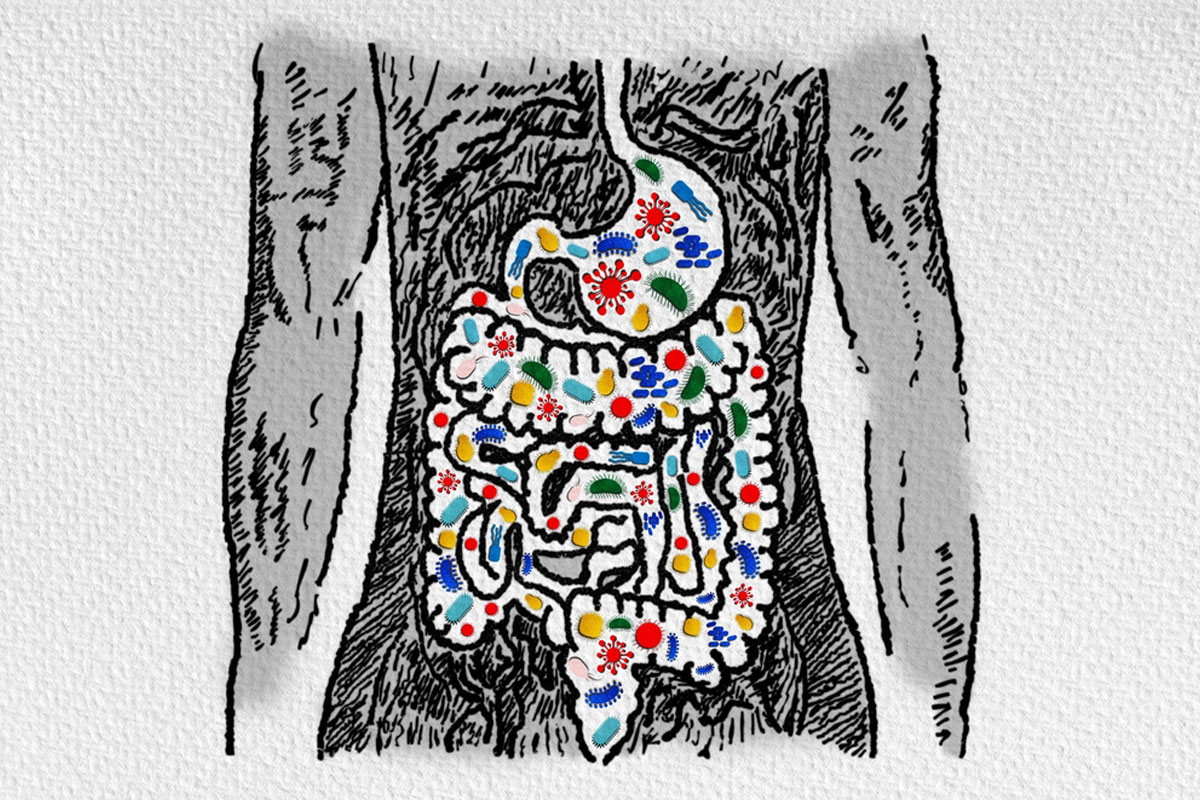In recent years, scientific research has unveiled the crucial role played by our gut microbiome in maintaining overall health and well-being. The microbiome is a vast ecosystem of diverse microorganisms living in our digestive system, influencing everything from our immune system to mood regulation. However, this delicate balance can be disrupted by dysbiosis, a condition that can have profound effects on our health. In this blog post, we will delve into the concept of dysbiosis and explore its relationship with the microbiome.
What is Dysbiosis?
Dysbiosis refers to an imbalance or disruption in the composition of the gut microbiome. In a healthy gut, there is a harmonious coexistence of various beneficial bacteria, viruses, fungi, and other microorganisms. They work together in a symbiotic relationship, helping us digest food, synthesizing essential nutrients, and defending against harmful invaders.
However, various factors can lead to dysbiosis, causing certain microorganisms to overpopulate while reducing the abundance of others. This imbalance can negatively impact the functioning of the microbiome, potentially leading to a range of health issues.
Causes of Dysbiosis
Several factors can contribute to dysbiosis, including:
- Poor Diet: A diet high in processed foods, sugar, and unhealthy fats can create an environment that favors the growth of harmful bacteria, while beneficial bacteria may suffer.
- Antibiotic Use: Antibiotics, while critical for fighting infections, can also indiscriminately kill both harmful and beneficial bacteria in the gut.
- Chronic Stress: Prolonged stress can disrupt the delicate balance of the gut microbiome, affecting gut motility and reducing beneficial bacterial diversity.
- Lack of Physical Activity: Sedentary lifestyles have been associated with less diverse gut microbiomes, potentially contributing to dysbiosis.
- Environmental Factors: Exposure to pollutants and certain chemicals may also alter the gut microbiome.
- Infections and Illnesses: Infections or gastrointestinal diseases can disrupt the gut microbial balance.
The Connection Between Dysbiosis and Health
Emerging research suggests that dysbiosis may be linked to a range of health conditions, including:
- Digestive Disorders: Dysbiosis has been associated with conditions like irritable bowel syndrome (IBS), inflammatory bowel disease (IBD), and gastroenteritis.
- Immune System Dysfunction: A balanced microbiome plays a crucial role in training and modulating the immune system. Dysbiosis may contribute to autoimmune diseases and allergies.
- Mental Health: The gut-brain axis connects the gut and the brain, and dysbiosis may influence mental health conditions such as anxiety, depression, and even neurological disorders.
- Metabolic Disorders: Dysbiosis could play a role in metabolic conditions like obesity and type 2 diabetes.
- Skin Conditions: Some research suggests that imbalances in the gut microbiome might be associated with certain skin conditions like eczema and acne.
Strategies for Promoting a Healthy Microbiome
While dysbiosis can be concerning, there are several steps you can take to support a healthy gut microbiome:
- Diet: Consume a balanced and varied diet rich in fiber, prebiotics (foods that nourish beneficial bacteria), and probiotics (foods containing live beneficial bacteria).
- Reduce Antibiotic Use: Use antibiotics judiciously and as prescribed by your healthcare provider.
- Manage Stress: Practice stress-reduction techniques such as meditation, yoga, or mindfulness to support a healthy gut.
- Regular Exercise: Stay physically active to help maintain a diverse gut microbial community.
- Avoid Toxins: Minimize exposure to environmental toxins and chemicals.
The microbiome is a fascinating and intricate ecosystem that profoundly impacts our health. Dysbiosis, the disruption of this microbial balance, can lead to various health issues, emphasizing the need to prioritize our gut health. By adopting a holistic approach that includes a healthy diet, stress management, and mindful lifestyle choices, we can nourish our invisible allies and promote overall well-being. Remember, a happy and thriving microbiome means a happier and healthier you!

